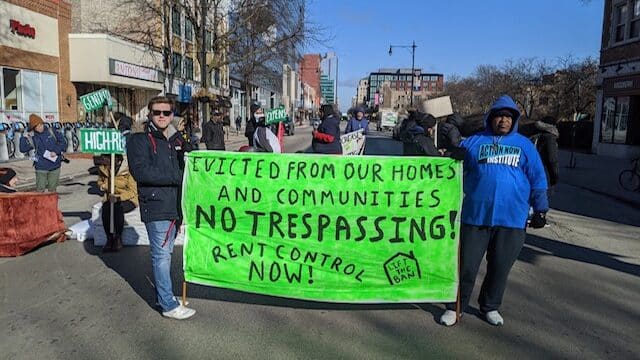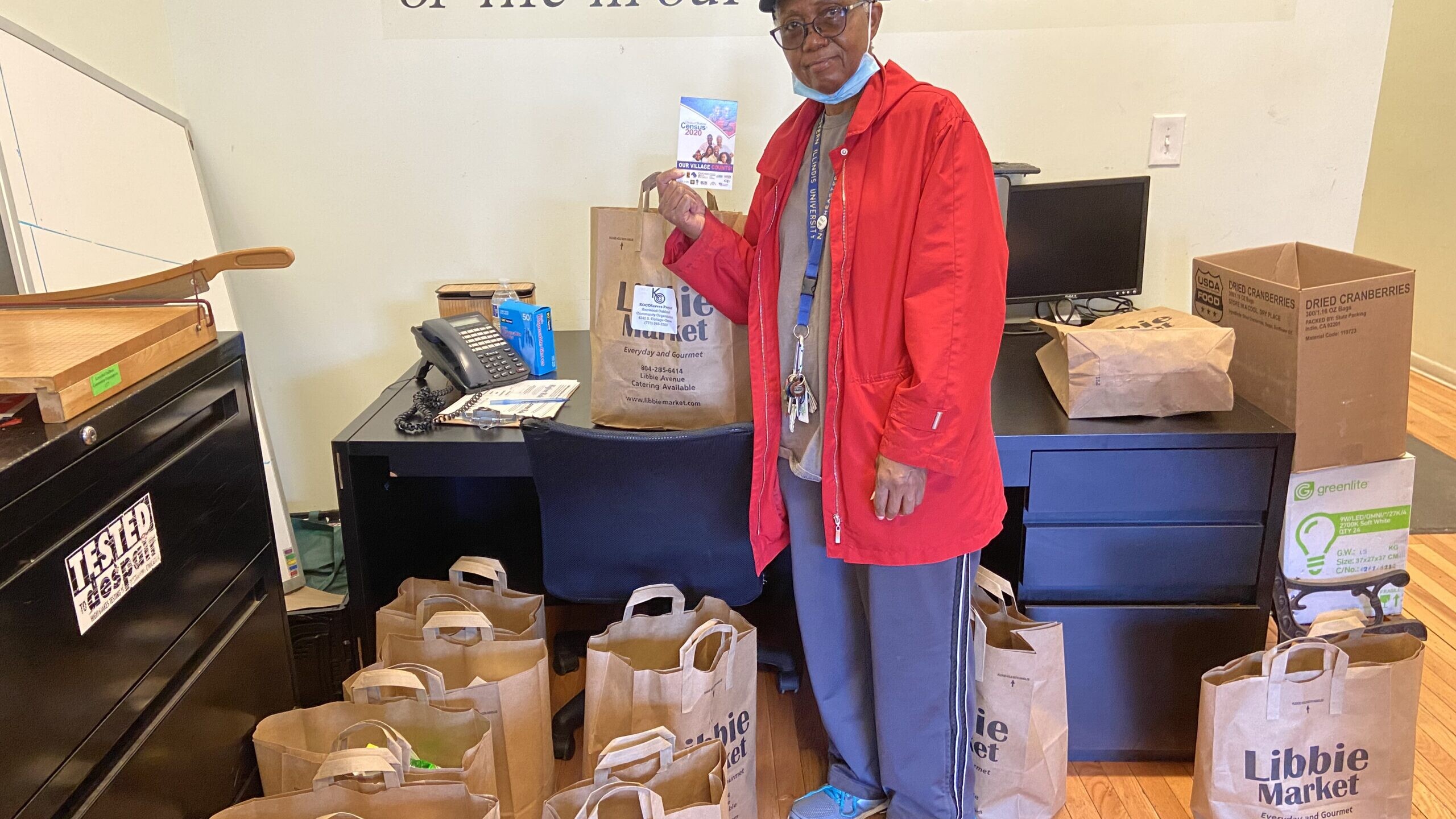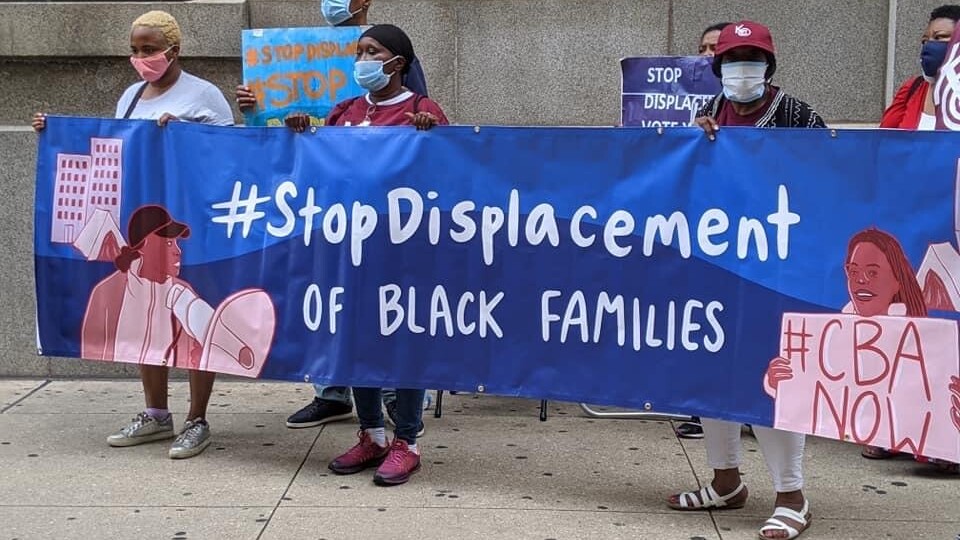The school system in America has been justly criticized for its traditional approach to discipline, which often relies on punishment and exclusion to address behavior issues. Restorative Justice is a response to harm that empowers everyone to resolve conflicts without relying on punitive practices. It is not an alternative to discipline, but rather a set of practices that promote understanding and empathy, leading to a more equitable and supportive school community.
For Black and Brown children, Zero Tolerance is often standard practice within schools. Unfortunately, this set of practices frequently pushes Black and Brown children into the prison system. Restorative Justice is a different approach, one that the Sustainable Community Schools (SCS) are based upon. When practiced, Restorative Justice is able to empower students and build community by promoting empathy and understanding.
Circle Experiences run by KOCO Restorative Justice Coordinators are an integral part of the Restorative Justice Program at both schools. At Dyett High School, they are conducted with 9th and 10th graders, and at Drake Elementary, they are conducted with 3rd, 4th, and 5th graders. The plan is to expand Restorative Justice programming school-wide and eventually district-wide. In these Circles, students, teachers, staff, and administration come together to build relationships, create a safe space for discussion, and respect each other’s differences. The goal of each circle is to foster a sense of community and understanding among the participants, making them less likely to harm each other.
Haki McLaurin, Restorative Justice Coordinator for Drake Elementary explains the difference at Drake since the program was introduced, “Now, when you walk into Drake, it is a family. Now we know each other and understand each other a little bit more.”
The programs at Dyett High School and Drake Elementary were born out of the 2019-2020 teacher strike, when teachers negotiated for more support services in their contract and won sustainable community schools provisions, which include Restorative Justice programs. This represents a shift in perspective on how schools engage with students, and the impact has been significant. Suspensions have decreased, and the overall school culture has shifted from a zero-tolerance policy to one that is more restorative and supportive.
Instead of solely relying on punishment and discipline or criminalizing students, we are now creating an environment where students feel comfortable and respected. Another benefit of the program is how the school community views the students. “They see that students can have a positive impact on their school,” says Ashleigh Thompson, Restorative Justice Coordinator for Dyett High School.
The goals of the program are many, including reducing violence, improving academics, creating a safe space for solving problems, enhancing communication skills, and allowing students to be themselves and find their own purpose.
Restorative Justice is an innovative approach to discipline and conflict resolution and there are powerful examples across the city and the country that shows what can be achieved when a community comes together to support its students. We’ll never stop!
Recent Posts
Push for rent control is ‘a fight worth having’
October 18, 2023
To protect low-income and working families from skyrocketing rents, KOCO and the Lift the Ban coalition is pushing the…
Where to get free food by neighborhood in Chicago
October 17, 2023
KOCO distributes pantry items and groceries on Mondays, Tuesdays, and Wednesdays from 9:30 a.m. to 1:30 p.m.
How do we organize from here?
October 2, 2023
Movements got Brandon Johnson elected mayor of Chicago. Now KOCO and other organizations seek to capitalize on the…




